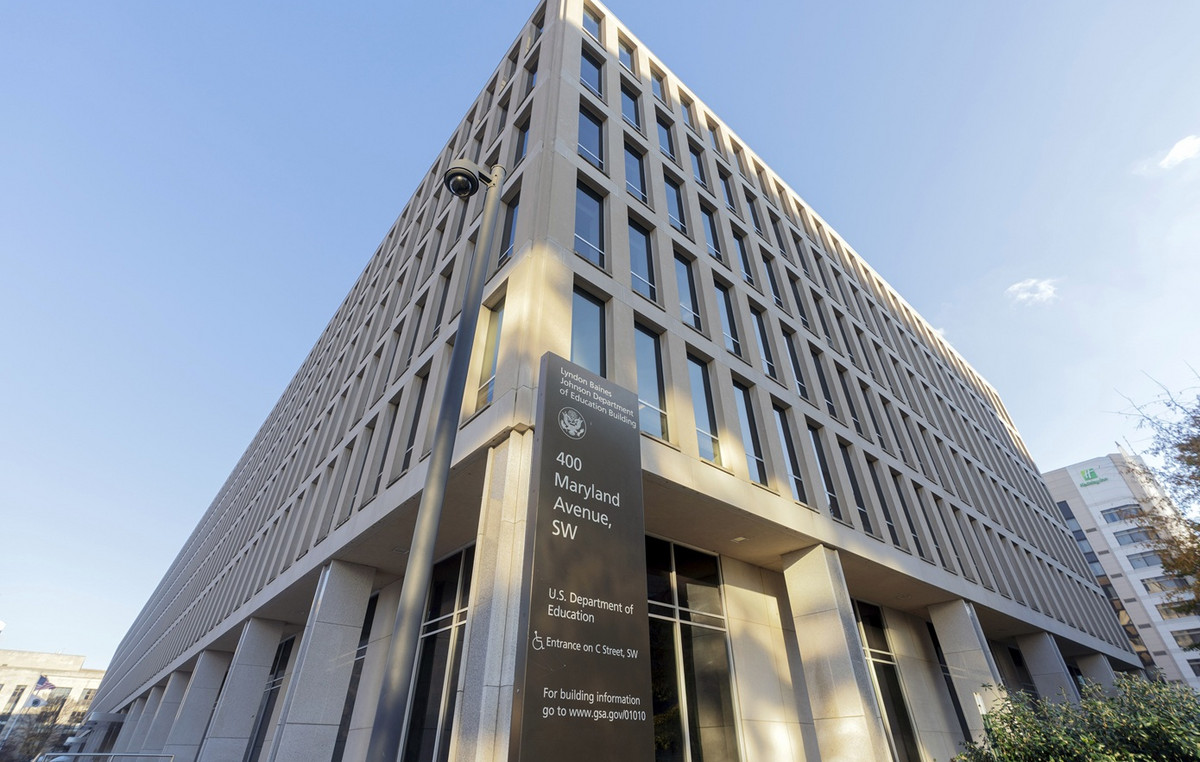Brazilian researchers have discovered a mechanism linked to the worsening of Covid-19 related to the lungs. According to the study, patients with severe clinical conditions of the infection showed a significantly increased activity in the production of enzymes associated with the inflammation process of the organ.
The findings published in the scientific journal Biomolecules open up new possibilities in the search for the treatment of the disease.
For the first time, researchers were able to identify the increased enzyme activity and expression of two types of enzymes, called metalloproteinases, MMP-2 and MMP-8, in severe cases of Covid-19.
This kind of “storm” of enzymes helps in the process of exacerbated inflammation of the lung, which ends up altering the functions of the organ. Normally, metalloproteinases (a group of enzymes that participate in the process of protein degradation) are important in healing and tissue remodeling, but, with excessive production, they can cause damage.
Other studies had already shown that the exacerbated inflammatory response to Covid-19 is characterized by the “storm” of cytokines, leading to acute respiratory distress syndrome (ARDS). In this research, the group of scientists unveiled a mechanism of deregulation of metalloproteinases, which may be associated with the formation of fibrosis in the organ, leaving sequelae in patients.
How the analyzes were performed
Tracheal aspirated fluid samples from 39 people hospitalized with severe cases of Covid-19, intubated in Intensive Care Units (ICUs) of Santa Casa and Hospital São Paulo, both in Ribeirão Preto, between June 2020 and January 2021 were analyzed. 13 critically ill volunteers hospitalized, but for different clinical conditions, were also included in the control group, in addition to lung biopsy data from individuals who died as a result of the disease.
“We found that metalloproteinases act by two mechanisms in the lung: by tissue injury and by modulating immunosuppression through the release of inflammatory mediators existing in the cell membrane, such as sHLA-G, an important mediator of the immune response”, explains Carlos Arterio. Sorgi, professor at the Department of Chemistry at the Faculty of Philosophy, Sciences and Letters of Ribeirão Preto, University of São Paulo (USP), and one of the authors of the study.
THE injury is caused when the tissue senses a noxious external stimulus or a foreign body. In these circumstances, inflammation occurs and, during this process, the scenario changes with the emergence of defense cells producing mediators that lead to an imbalance in the body called oxidative stress.
By analyzing the samples, the researchers found that the rates of MMP-2 and MMP-8 were significantly higher in the tracheal aspirate of patients with Covid-19 compared to those not contaminated by the new coronavirus. In addition, individuals who died had a higher level of these active enzymes than those who survived.
During the action of metalloproteinases in the lung, molecules of the immune system are released from cell membranes, including sHLA-G and sTREM-1, responsible for causing immunosuppression in the organ. I.e, instead of stimulating antiviral immunity, the virus ends up not facing resistance from the body.
In the research, the data demonstrated that sHLA-G and sTREM-1 levels were elevated in patients with Covid-19 and, after a series of tests, it was shown that MMP-2 was involved in the release of sHLA-G.
According to the results, patients with Covid-19 also showed an increase in the count of neutrophils (a type of white blood cell responsible for the body’s defense, capable of producing some metalloproteinases and reactive oxygen species) in the lung.
Although the molecular basis of the immunological mechanisms associated with the new coronavirus is still unknown, it is established that lung infection is associated with exacerbated inflammation and organ tissue damage. According to the study, MMPs are crucial components of the processes that lead to pneumonia and the worsening of Covid-19 cases.
Until then, metalloproteinases had been studied as biomarkers for the disease. In recent work, these molecules appear in the way the disease develops in the lung, as a potential therapeutic target.
According to Sorgi, the next steps of the research include tests in animal models of a metalloproteinase inhibitor associated with anti-inflammatory drugs to try to reverse the serious condition of Covid-19. One of these drugs is doxycycline, an antibiotic available in the Brazilian market and currently used to treat diseases such as typhoid fever and pneumonia.
“We will need to start from scratch. The idea is to set up a new project, including partnerships with international groups, to work with the animal model and then the clinical application”, says the professor.
Source: CNN Brasil







